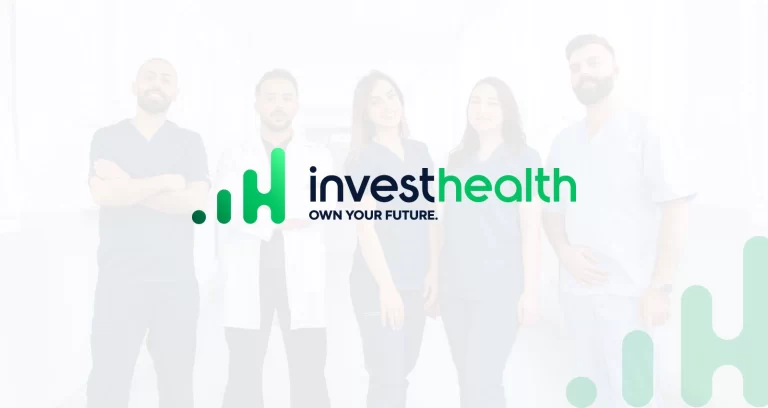
Office
Los Angeles, CA

If you used student loans to pay for school, know that you are not alone. Many healthcare professionals must take out large student loans to finance their education. Student loans can provide access to higher education, broadening your career opportunities and improving your earnings potential. But there are also drawbacks.
The cost of attending medical school and other healthcare training programs can add up quickly and often leave borrowers with significant debt that can take years to pay off. This can have long-term financial implications for these professionals. They might have higher monthly payments due to the interest rates associated with large loans. And credit lenders may not be willing to let them borrow money due to their debt-to-income ratio. If there are any delays in making payments on time or defaults on the loan agreement, it can negatively impact credit scores. There may also be tax implications as part of the repayment process, which could further reduce your disposable income.
While student loans can seem overwhelming, there are several tips that can help you pay them back. Proper planning and budgeting can minimize the burden of your loan payments and better manage your finances.
Student loans may offer low-interest rates and flexible repayment plans depending on the loan program. Make sure you stay up-to-date on your repayment terms. Look into whether any of your loans can be forgiven. Some service workers qualify for loan forgiveness under certain circumstances. Keep in mind that forgiveness programs are not the norm.
Taking on debt is a serious commitment, so it’s important to understand the financial obligations that come with student loans. By understanding the long-term financial impact of student loans, you can figure out the best way to pay the money back.

© InvestHealth – 2023. All Rights Reserved. Developed By CodeStar Digital.

Office
Los Angeles, CA